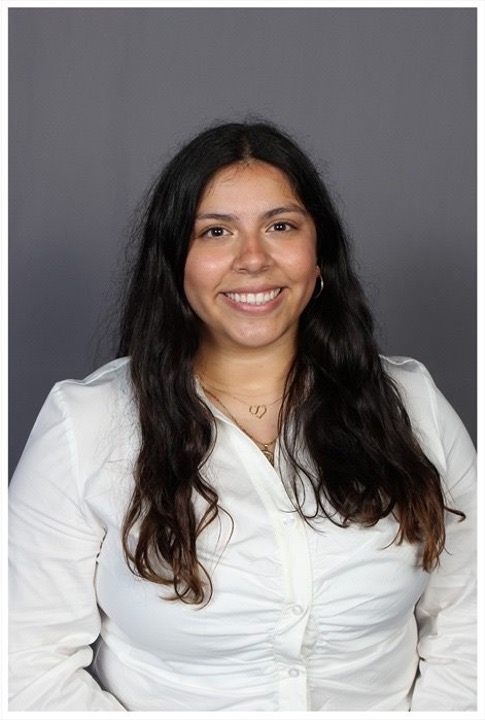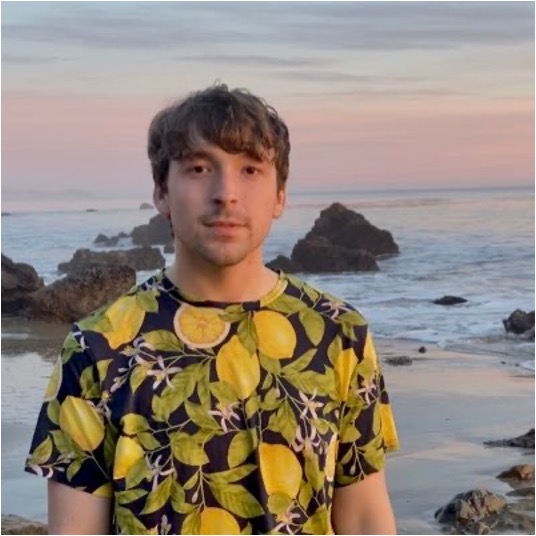Lab Alumni
Alicia "Ally" Mercado, BSc
MD/PhD Student at Stanford University
My study evaluated migration across our in vitro human blood brain barrier model to examine monocyte migration in response to chemoattractants CCL2 and CXCL12.
Learn more about Ally
Amira Price, BSc, MSc
Cellular and Molecular Medicine PhD Student at Johns Hopkins University
The impact of cocaine on drug metabolism in primary human macrophages, focusing on the cytochrome P450 enzyme CYP3A4 and its influence on HIV antiretroviral therapies.
Learn more about Amira
Andrew Gausepohl, BSc, MSc
Biomedical Sciences PhD Student at the Albert Einstein College of Medicine
mailto:andrew.gausepohl@einsteinmed.edu
Learn more about Andrew
Elonna Jones, BSc
Baltimore City Regional Director for US Senator Chris Van Hollen
Elonna evaluated the immunomodulatory impact of CCL2 on interferon signaling by treating hepatocyte cells with viral mimics R848 and poly:IC along with CCL2. Her experiment sought to determine whether CCL2’s downregulation of IFN-a was virus specific, cell specific, or cytokine specific. Her results determined that the effect was not cell specific or viral specific, but rather represented a broadly occurring
Learn more about Elonna
Jareb Perez-Caraballo, BSc
Molecular Pathology & Immunology PhD Program at Vanderbilt University
Learn more about Jareb
Maya Pulliam, BSc, BA
Evaluation & Data Analyst Fellow, ADG Consulting
Despite ART making the virus undetectable in the blood, HIV-associated neurocognitive disorders (HAND) remain prevalent among patients, suggesting that the drugs themselves may be affecting the brain or the blood-brain barrier. Possible endothelial dysfunction may include changes in nutrient transport and barrier integrity which could prove to be a very critical and possibly fatal issue. Information on how these HIV therapies affect the blood-brain barrier would have implications on how patients are treated for their virus as well as what preventative measures are taken to prevent infection in HIV-negative groups who are more at risk of contracting the virus.
Learn more about Maya